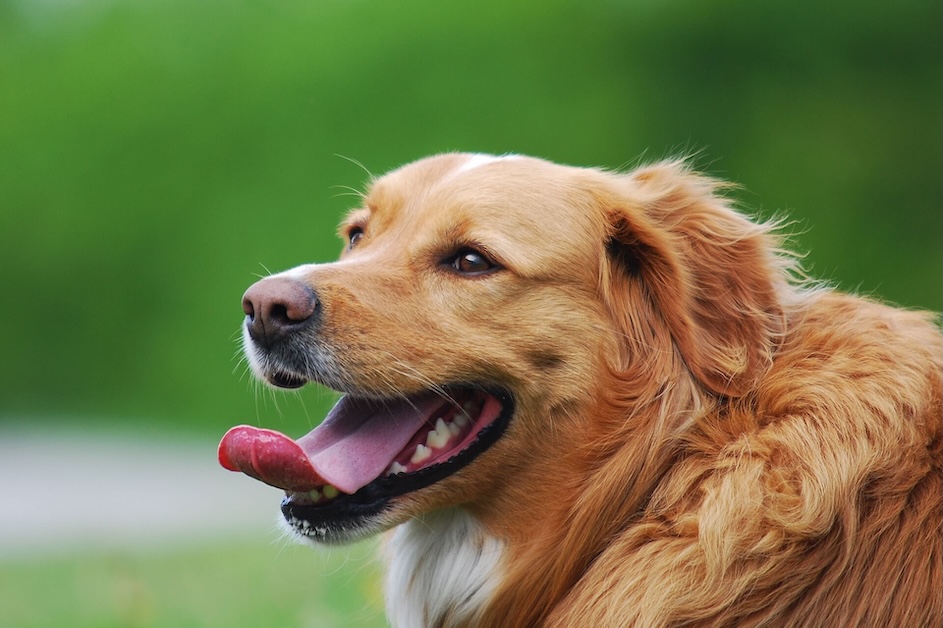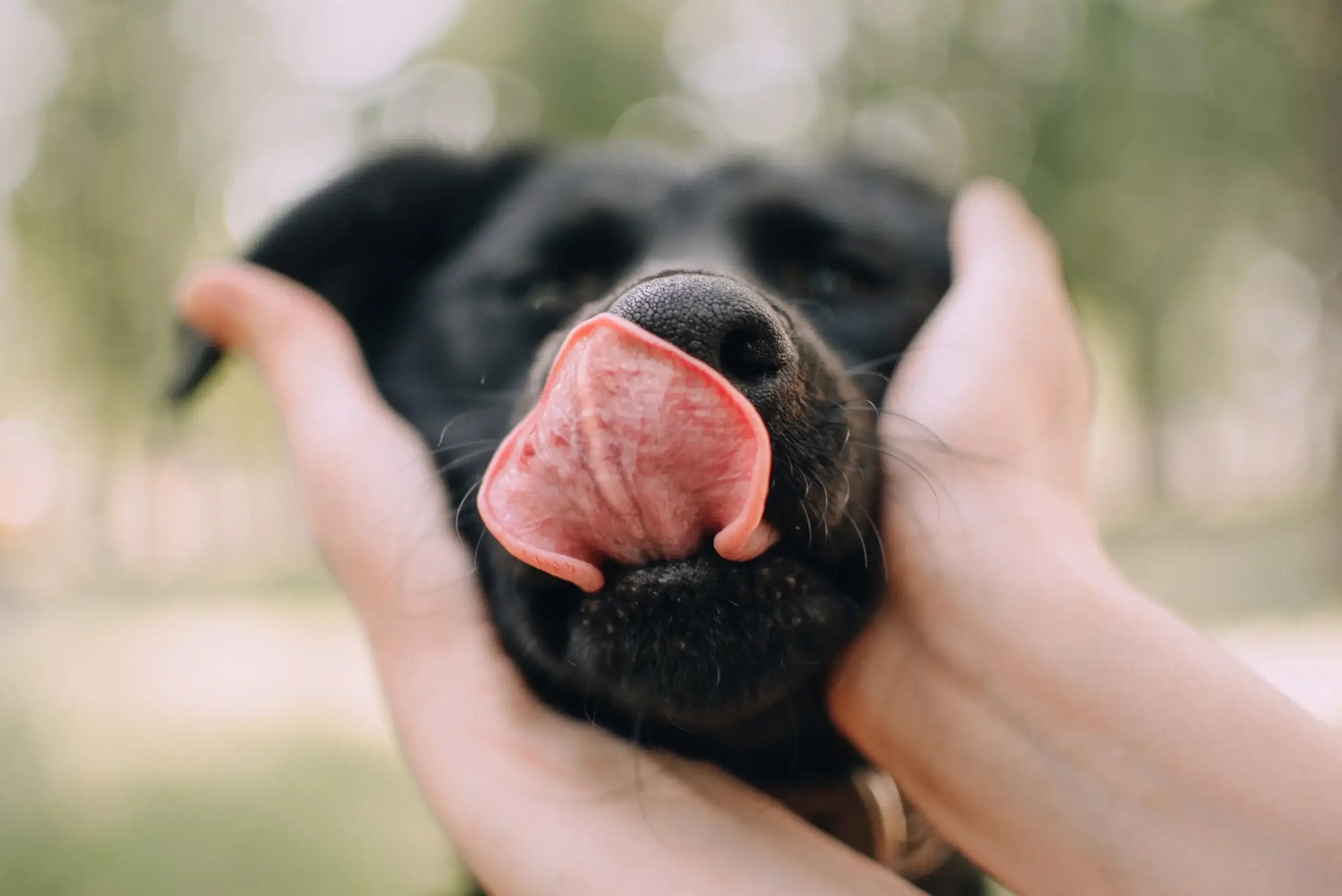Naju Pets | September 25, 2025

Just like humans, dogs can catch colds too, known as upper respiratory infections (URI). These infections affect your dog’s nose, throat, and airways. While often mild, untreated cases can lead to serious conditions like pneumonia.
In this guide, we’ll cover: causes of URI in dogs, how contagious it is, symptoms to watch for, home treatment tips, and when to contact your veterinarian.
What Is an Upper Respiratory Infection in Dogs?
An upper respiratory infection affects your dog’s respiratory system, including the nasal passages, sinuses, trachea, and throat. Common causes include viruses and bacteria:
- Canine influenza virus
- Canine parainfluenza virus
- Adenovirus type 2
- Bordetella bronchiseptica (“kennel cough”)
These infections spread easily, especially in kennels, boarding facilities, and dog parks.
Is Upper Respiratory Infection Contagious?
Yes, URIs in dogs are highly contagious. Infected dogs can spread the illness through:
- Sneezing and coughing
- Sharing water or food bowls
- Nose-to-nose contact
- Contaminated surfaces or bedding
Dogs are typically contagious for up to 10 days after symptoms appear, though some may spread the virus for several weeks. If you have multiple pets, isolate the infected dog until cleared by your vet.
Can Dogs Get Pneumonia from Humans?
Dogs cannot catch human pneumonia directly, but they can develop dog-specific viral or bacterial infections that lead to pneumonia. Good hygiene is still important, wash hands after coughing or sneezing, and avoid close contact if you’re sick, especially around puppies or senior dogs.
Symptoms of Upper Respiratory Infection in Dogs
Signs of URI range from mild to severe:
- Coughing or gagging
- Sneezing and nasal discharge
- Watery eyes
- Fatigue or loss of appetite
- Mild fever
- Heavy breathing or difficulty lying down
Alert: If your dog is breathing heavily or won’t lie down, this could indicate airway congestion or pneumonia. Call your veterinarian immediately.
Is Dog Pneumonia Contagious?
Dog pneumonia itself is usually not contagious; it’s a complication from untreated URI. However, infections like Bordetella or canine influenza that can cause pneumonia are contagious, making early diagnosis and treatment critical.
Home Treatment for Upper Respiratory Infection in Dogs
While veterinary care is essential for severe cases, these home care tips can help ease symptoms:
- Hydration: Fresh water helps loosen mucus and soothe the throat.
- Moist air: Use a humidifier or sit with your dog in a steamy bathroom.
- Rest: Avoid strenuous activity until symptoms clear.
- Comfort: Provide a warm, cozy bed away from drafts.
- Clean environment: Wash bedding, bowls, and toys regularly.
Tip: If symptoms worsen or last longer than a week, consult your vet. Treatment may include antibiotics (for bacterial infections), anti-inflammatories, or cough suppressants.
Preventing Upper Respiratory Infections in Dogs
Protect your dog by:
- Staying up to date on vaccines (Bordetella, canine influenza)
- Avoiding high-risk areas during outbreaks
- Maintaining hygiene for shared items like toys and bowls
- Feeding a nutritious diet to support immune health
When to See a Veterinarian
Seek veterinary attention immediately if your dog shows:
- Labored breathing or persistent coughin
- Refusal to eat or drink
- Lethargy lasting more than 2–3 days
- Thick or discolored nasal discharge
- Blue or pale gums
Prompt care helps your dog recover quickly and prevents complications like pneumonia.
The Bottom Line
Upper respiratory infections in dogs are common, contagious, and often mild, but they should not be ignored. With proper care, prevention, and observation, your dog can recover quickly.
If you’re unsure whether your dog has a simple cold or something more serious, always consult your veterinarian for personalized care.


